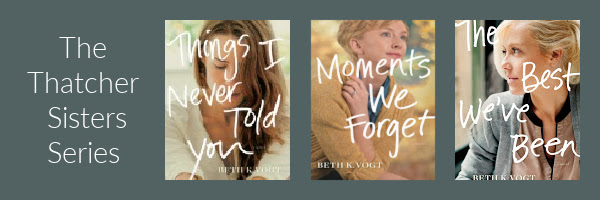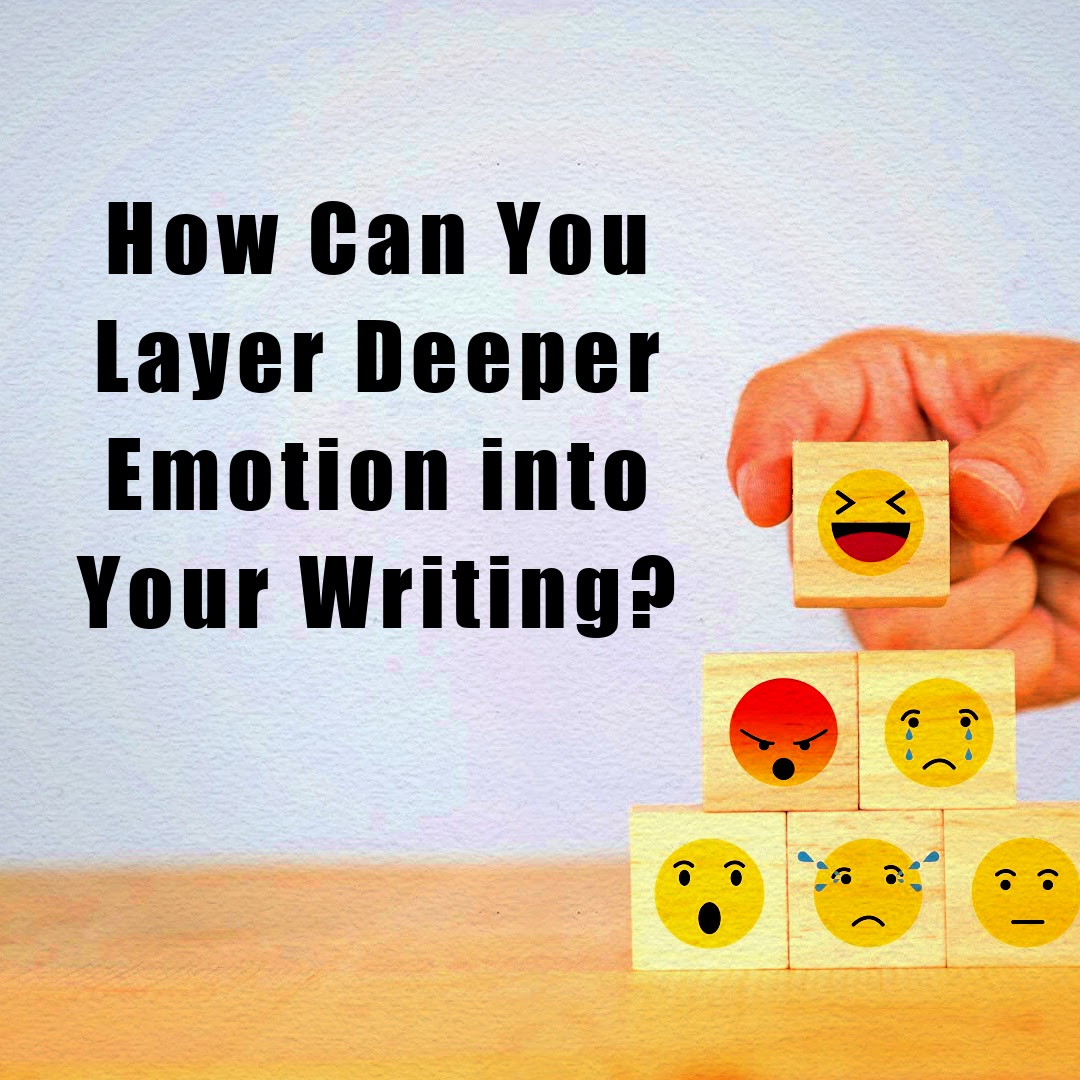by Beth K. Vogt, @bethvogt
I’ve talked with various writers in recent weeks, both one on one and in groups, and the topic of layering emotion into our novels keeps coming up.
We know emotion pulls readers into our stories, while also connecting readers to our characters so they keep thinking about them when they’ve finished our books.
The question is: how do we craft strong emotion in our chapters, scene by scene?
It takes some time and effort on your part, but if you do the work, you’ll write more emotionally compelling scenes. Here’s a simple three-step process to layer deeper emotion into your writing:
Step 1: Look at a scene and determine what is your point of view (POV) character’s main emotion. We often start with a basic emotion like anger or sadness or happiness. Consider searching on Google for an emotion wheel (see graphic below) to delve into more layered emotions to specifically define your POV character’s main emotion. There are quite a variety of them.

Step 2: Before writing your scene, write about a time when you experienced the same emotion your POV character will feel. If your character is disgusted about something, then you journal about a time you were disgusted. You can designate a specific notebook as your “emotion journal,” where you’ll repeat this exercise whenever you need to layer deeper emotion into a scene. At first, you may need to repeat this exercise scene by scene. Yes, it takes time, but the result is worth your time and effort.
Step 3: Use what you’ve written to strengthen your scene. Remembering how you felt helps you write an honest, true-to-life experience for your fictional character. You can even pull some of your thoughts from your journal entry and use them in your scene. If it rings true to who your character is, have your POV character say or think something you wrote down – or rework it so that it more accurately reflects your character.
Why not give the 1-2-3 of emotional journaling a try and see how it changes a scene you’ve already written?

The Thatcher Sisters Series, published by Tyndale House, is a three-book “Little Women gone wrong” women’s fiction collection. Examining the complicated relationships between sisters, the series includes Things I Never Told You, which won the AWSA 2019 Contemporary Novel of the Year, Moments We Forget, and The Best We’ve Been, a 2021 Selah finalist.

Beth K. Vogt is a non-fiction author and editor who said she’d never write fiction. She’s the wife of an Air Force family physician (now in solo practice) who said she’d never marry a doctor—or anyone in the military. She’s a mom of four who said she’d never have kids. Now Beth believes God’s best often waits behind the doors marked “Never.”
Beth is a 2016 Christy Award winner, a 2016 ACFW Carol Award winner, and a 2015 RITA® finalist. Her 2014 novel, Somebody Like You, was one of Publisher’s Weekly’s Best Books of 2014. A November Bride was part of the Year of Wedding Series by Zondervan. Having authored 10 contemporary romance novels or novellas, Beth believes there’s more to happily-ever-after than the fairy tales tell us.
An established magazine writer and former editor of the leadership magazine for MOPS International, Beth blogs for Learn How to Write a Novel and The Write Conversation and also enjoys speaking to writers group and mentoring other writers. She lives in Colorado with her husband Rob, who has adjusted to discussing the lives of imaginary people. Connect with Beth at bethvogt.com.
